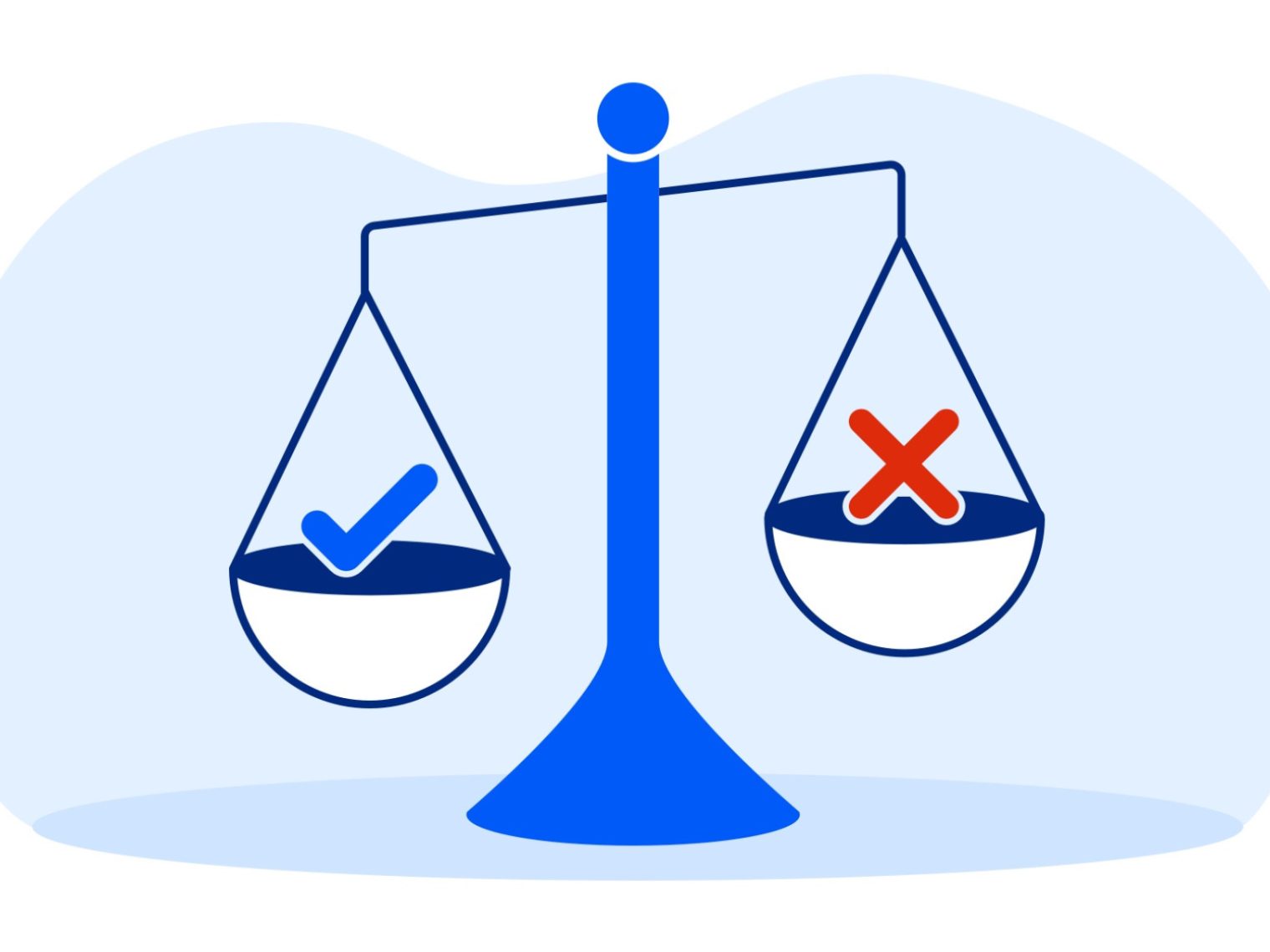- Student loan debt doesn't necessarily impact your VA loan eligibility, but it can make it more difficult to qualify for a VA loan.
- Most lenders use 5% of your total loan balance to estimate payments, which could impact how much home you can afford.
Student loans are the nation's highest consumer debt category after mortgages. As of 2025, nearly 43 million borrowers owed around $1.77 trillion in federal student loan debt.
So, what happens if you have student loans and apply for a VA loan?
The good news is that student loan debt doesn't necessarily make it more difficult to qualify for a VA loan. However, with the national student loan default rate at around 8%, staying on top of your student loans is critical when applying for a VA loan.
Here we'll take a closer look at VA loan guidelines with student loans and how this type of debt impacts your VA loan eligibility.
Can I Get a VA Loan With Student Loan Debt?
Yes, you can get a VA loan with student loan debt if you meet the financial criteria, including a satisfactory debt-to-income ratio.
VA Loan Guidelines With Student Loans
Student loan payments resumed in May 2025 after a long pause. For many borrowers, that means adjusting to a new monthly expense, sometimes one they haven’t had to factor into their finances for years.
Lenders generally include your student loan payment when calculating your monthly debt-to-income (DTI) ratio. They'll also look for any history of missed or defaulted payments, which could impact your ability to secure a mortgage or even how much home you can afford.
How Student Loans Affect Your DTI Ratio
Your DTI ratio compares your monthly debt payments to your monthly income. The higher your DTI, the more risk a lender sees. Whether you're actively repaying or not, student loans are almost always part of this equation.
With many federal student loan programs, you'll have a six or nine-month "grace period" once you're no longer taking a full course load. That'll give you some time to prepare financially for the cycle of loan payments that may run for years or even decades, depending on your specific situation.
But that grace period doesn't register the same way for mortgage lenders. They're going to want to know the exact amount of your pending student loan payments, and they'll absolutely look to factor student loan debt into your monthly DTI ratio.
From a lender’s perspective, six months of no payments doesn’t outweigh 30 years of mortgage responsibility. That’s why student loan debt can still impact how much home you can afford, even if you haven’t started paying it back yet.
When Student Loans Count Against Your DTI
Policies can vary from lender to lender, but in general, student loans will count against your DTI ratio if they are:
- Currently in repayment
- Due within 12 months of your closing date
- Currently in forbearance
- Deferred due to a financial hardship
Borrowers are often unaware that a $0 Income Based Repayment plan payment can still require calculation at 5% of the balance if it is due within 30 days of closing. It's a common stumbling block.
VA Student Loan Debt Calculation
At Veterans United, we will count either the payment amount as it appears on your credit report or 5% of the overall loan balance divided by 12 months, whichever is greater. Borrowers whose actual monthly payment is less than that amount should talk with their loan officer about using that lower figure.
For example, if you have $30,000 in student loan debt and your credit report shows a $75 monthly payment, your lender will still need to calculate 5% of the loan balance divided by 12 months, which equals $125.
Since VA guidelines require lenders to use the higher of the two amounts, they would count $125 as your monthly obligation. However, if you’re actually paying less than that and your loan is fully amortized (not in deferment or forbearance), some lenders may be able to use your lower payment instead.
VA Loan Guidelines for Deferred Student Loans
Student loan deferment is also an option in some instances, but it may impact your VA loan.
Deferment is a temporary delay of your payments. There are a host of situations where you can apply for a deferment, including:
- You're enrolled at least half-time in college or career school
- You're serving on active duty
- Economic hardship
- Unemployment or under-employment
Do Deferred Student Loans Count Towards DTI?
VA homebuyers with student loans deferred for at least 12 months beyond the closing date can generally proceed without those student loans counting towards their DTI calculation, provided the deferment isn't related to financial hardship.
It's also important to know that forbearance and deferment are not the same thing. Consumers typically have to request and be granted a deferment, which is a temporary delay of their principal and interest repayments.
The details and exceptions regarding student loan deferment and forbearance are extensive. You can learn more at the U.S. Department of Education's website.
Offsetting Student Loan Payments
It may also be possible to offset your student loan payment. Offsetting means showing proof of income that effectively balances out the monthly student loan debt. A lender could consider offsetting your student loan payment if:
- A co-signer on the loan has made payments for at least the past 12 consecutive months without a late payment. In this instance, payments must be made by someone legally obligated on the loan.
- You have ten or fewer student loan payments remaining, and the payment is $100 or less.
Those are relatively narrow exceptions, although they do happen. In general, you'll need to plan on counting your student loan payment in your overall debt-to-income ratio calculation.
In addition, that monthly obligation will affect your overall residual income level, which also plays a critical role in qualifying for a VA home loan.
Still Have Questions About Student Loans With a VA Loan?
Many ultra-specific situations can come up for VA borrowers with student loans. That's why it's essential to talk with a home loan specialist in detail about your particular situation.
Reach out to a Veterans United VA loan expert at 855-870-8845 or get started online today.
How We Maintain Content Accuracy
Our mortgage experts continuously track industry trends, regulatory changes, and market conditions to keep our information accurate and relevant. We update our articles whenever new insights or updates become available to help you make informed homebuying and selling decisions.
Current Version
Jan 2, 2026
Written ByChris Birk
Reviewed ByTara Dometroch
Updated student loan statistics.
Oct 7, 2025
Written ByChris Birk
Reviewed ByTara Dometrorch
Updated article based on student loan payments resuming earlier this year. Content reviewed and fact checked by team lead underwriter Tara Dometrorch.
Veterans United often cites authoritative third-party sources to provide context, verify claims, and ensure accuracy in our content. Our commitment to delivering clear, factual, and unbiased information guides every piece we publish. Learn more about our editorial standards and how we work to serve Veterans and military families with trust and transparency.
Related Posts
-
 VA Renovation Loans for Home ImprovementVA rehab and renovation loans are the VA's answer to an aging housing market in the United States. Here we dive into this unique loan type and the potential downsides accompanying them.
VA Renovation Loans for Home ImprovementVA rehab and renovation loans are the VA's answer to an aging housing market in the United States. Here we dive into this unique loan type and the potential downsides accompanying them. -
 Pros and Cons of VA LoansAs with any mortgage option, VA loans have pros and cons that you should be aware of before making a final decision. So let's take a closer look.
Pros and Cons of VA LoansAs with any mortgage option, VA loans have pros and cons that you should be aware of before making a final decision. So let's take a closer look.

